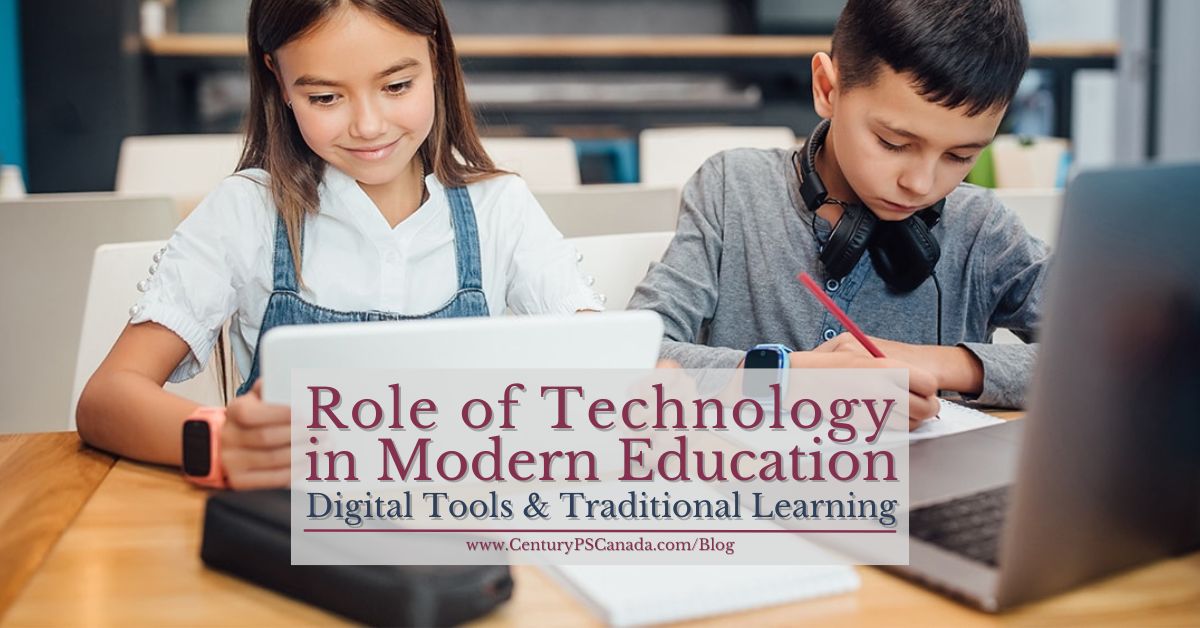In today’s rapidly evolving world, strong literacy and comprehension skills are essential for academic success and personal development. These skills lay the foundation for effective communication, critical thinking, and lifelong learning. By implementing targeted strategies, educators and parents can help children become better readers, fostering a deep love for reading and an ability to engage thoughtfully with texts. Here are some key strategies to consider.
- Creating a Literacy-Rich Environment
A literacy-rich environment is crucial for developing strong reading skills in children. Classrooms and homes filled with books, magazines, and other reading materials encourage frequent and meaningful engagement with texts. Providing children with access to a variety of genres, from fiction to non-fiction, poetry, and more, helps them discover their interests and develop a habit of reading regularly.
- Modeling Good Reading Habits
Children often emulate the behaviors of the adults around them. By modeling good reading habits, parents and educators can inspire children to become enthusiastic readers. Share your own reading experiences, discuss books, and express a genuine interest in learning new things. This not only creates a positive reading culture but also shows children that reading is a valuable and enjoyable activity.
- Active Reading Strategies
Teaching children to be active readers is a vital part of improving their literacy skills. Active reading involves more than just decoding words; it requires readers to engage deeply with the text. Encourage children to highlight key points, make notes in the margins, and ask questions about what they are reading. These strategies not only enhance comprehension but also help students retain information and think critically about the material.
- Building Vocabulary
A robust vocabulary is a key component of strong reading comprehension. Children who have a wide-ranging vocabulary are better equipped to understand complex texts and express their ideas effectively. Parents and educators can support vocabulary development by introducing new words in context, encouraging the use of a dictionary, and discussing unfamiliar terms encountered in reading materials. Interactive word games and vocabulary-building activities can also make learning new words enjoyable.
- Teaching Comprehension Strategies
Comprehension is about understanding the meaning behind the words on the page. Teaching specific strategies can help children improve their comprehension skills. Some effective techniques include:
- Predicting: Encourage children to make predictions about the story before and during reading. This keeps them engaged and allows them to test their understanding as the story unfolds.
- Visualizing: Ask children to create mental images of the scenes and characters they read about. Visualization helps them connect with the text and enhances their memory of the story.
- Summarizing: After reading a passage, have children summarize the key points in their own words. This reinforces their understanding and aids in retaining the information.
- Questioning: Encourage children to ask questions about the text. This deepens their engagement and promotes critical thinking as they seek answers and draw conclusions.
- Exposure to a Variety of Texts
Exposing children to a diverse range of texts helps them adapt to different writing styles and levels of complexity. From engaging stories and informative articles to poetry and graphic novels, each type of text offers unique opportunities for learning. Varied reading experiences also allow children to discover new interests and develop a more well-rounded perspective.
- Incorporating Technology
Technology offers a wealth of resources for enhancing literacy skills. E-books, audiobooks, and interactive reading apps can make reading more accessible and engaging for children. Many digital platforms also offer features such as built-in dictionaries, annotation tools, and interactive quizzes that support comprehension and vocabulary development. Additionally, online book clubs and discussion forums provide opportunities for children to share their reading experiences with peers.
- Setting Goals and Celebrating Progress
Setting achievable reading goals can motivate children to challenge themselves and stay committed to improving their skills. Whether it’s reading a certain number of books each month or mastering new vocabulary words, clear goals give children a sense of purpose and direction. Celebrating their progress, no matter how small, reinforces their efforts and boosts their confidence, encouraging them to continue their reading journey.
- Providing Encouragement and Support
Encouragement and support are essential in helping children develop strong literacy skills. Celebrate their successes, offer guidance when they encounter challenges, and remind them that reading is a skill that improves with practice. By creating a supportive environment, we can help children build confidence in their abilities and foster a lifelong love of reading.
Conclusion
Improving literacy and comprehension skills in children is a journey that requires patience, dedication, and the right strategies. By creating a supportive, literacy-rich environment, incorporating active reading techniques, and fostering a love of learning, we can help children become better readers who are prepared for the complexities of the world. Through these efforts, we pave the way for their academic success and personal growth, ensuring they are well-equipped to thrive in the future.



